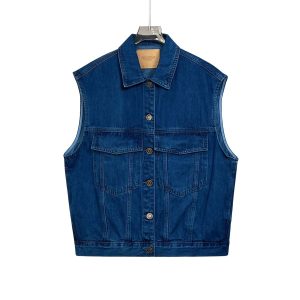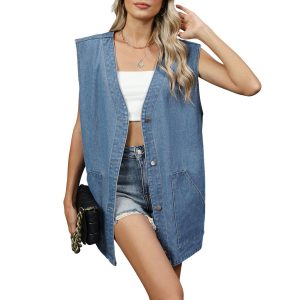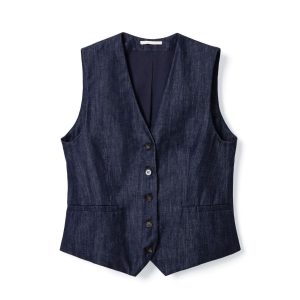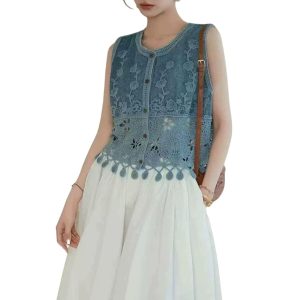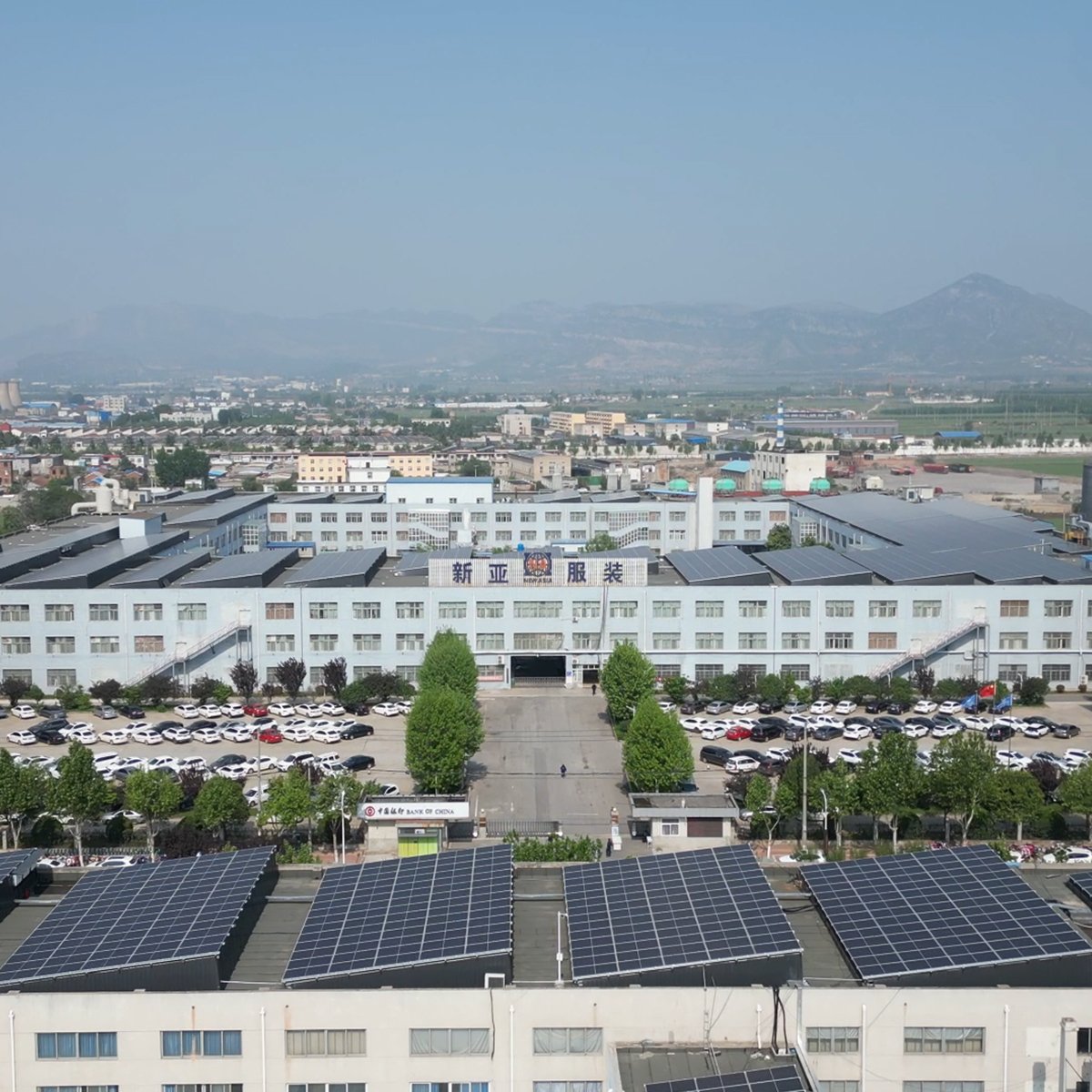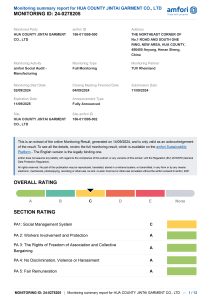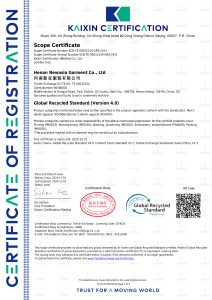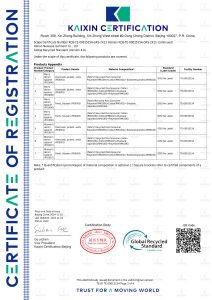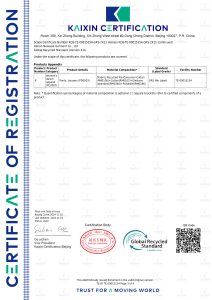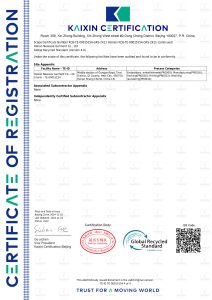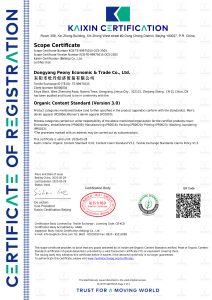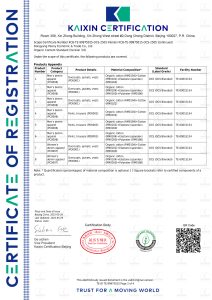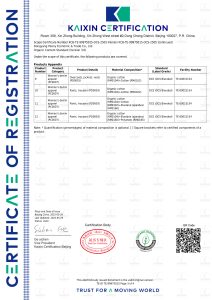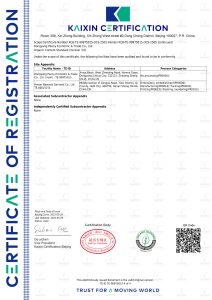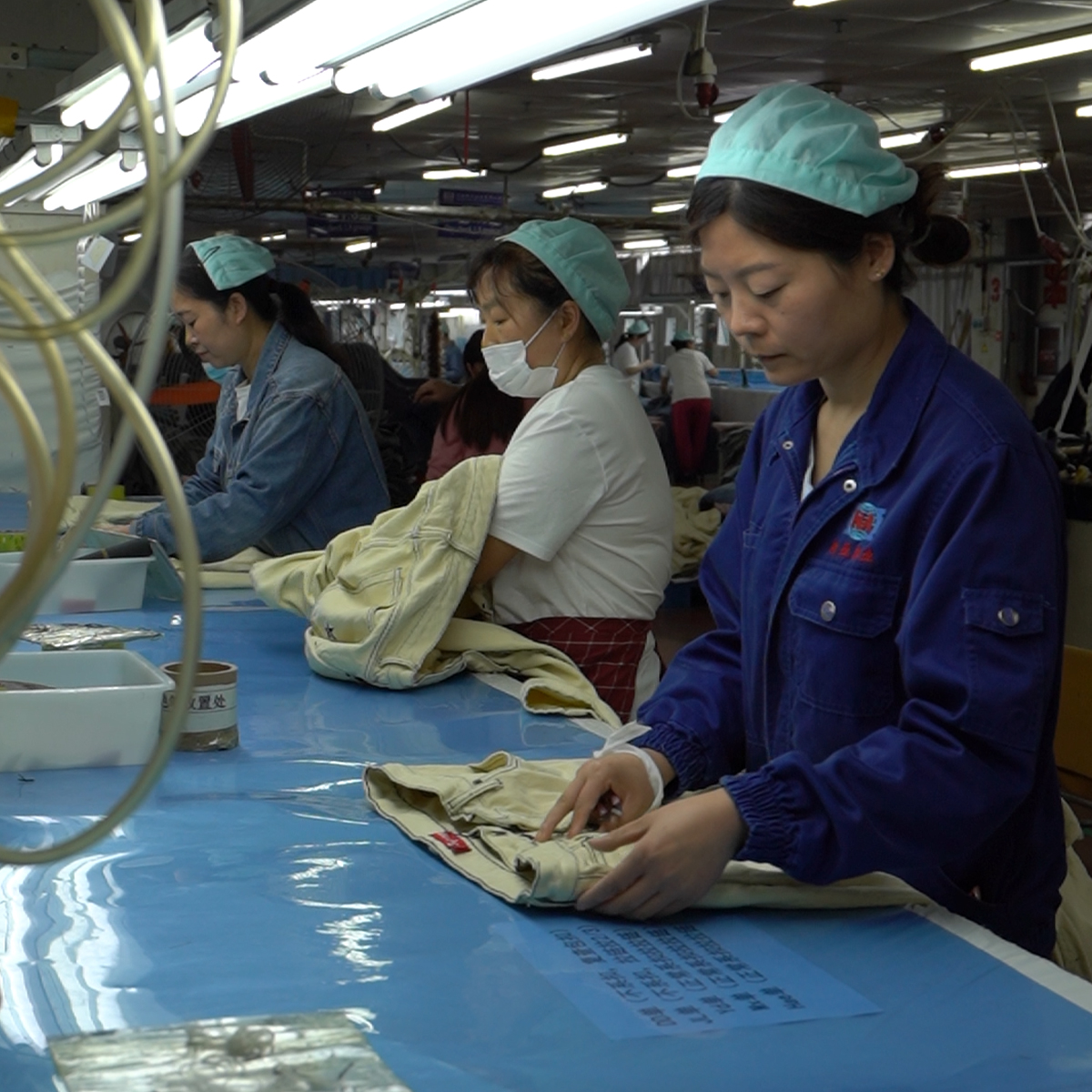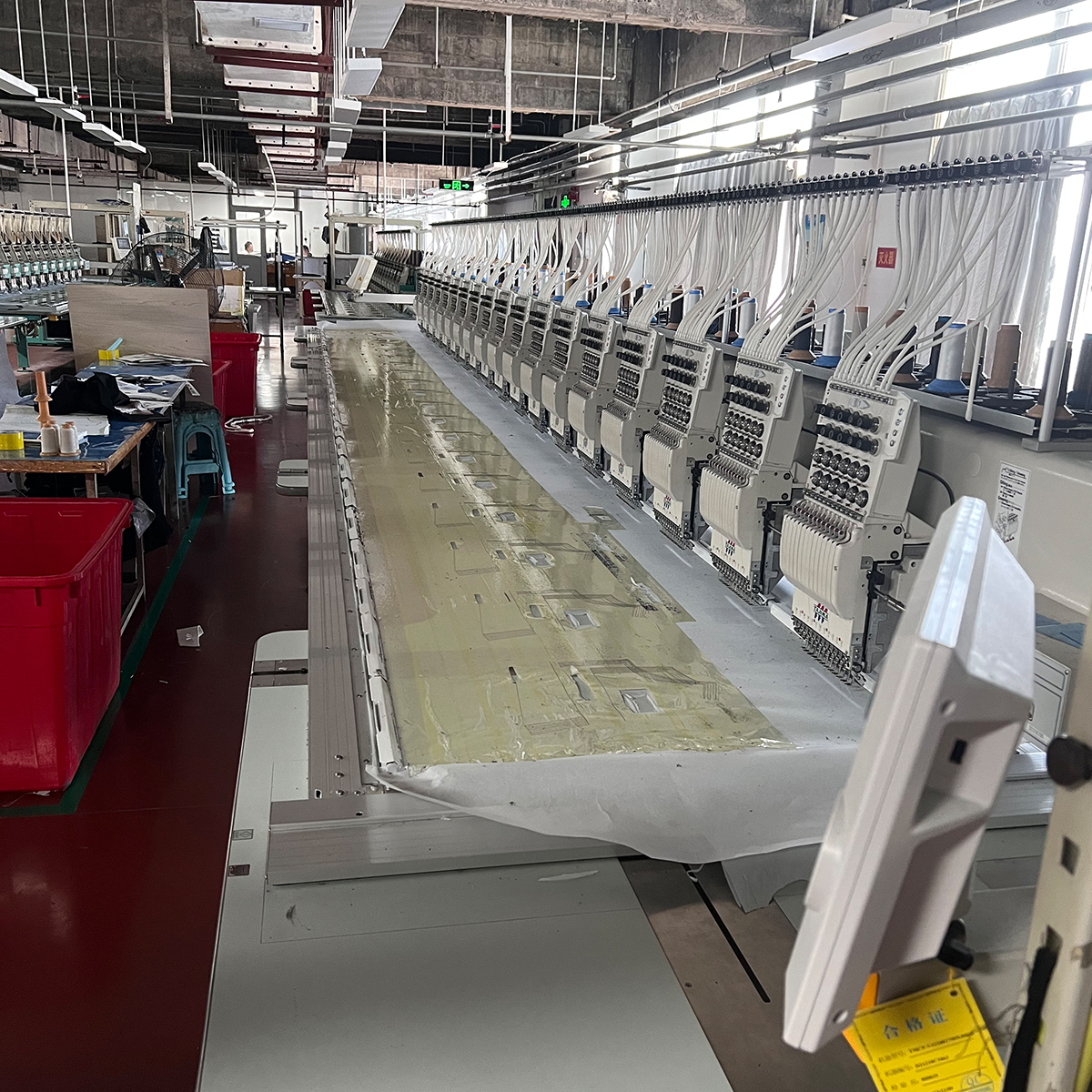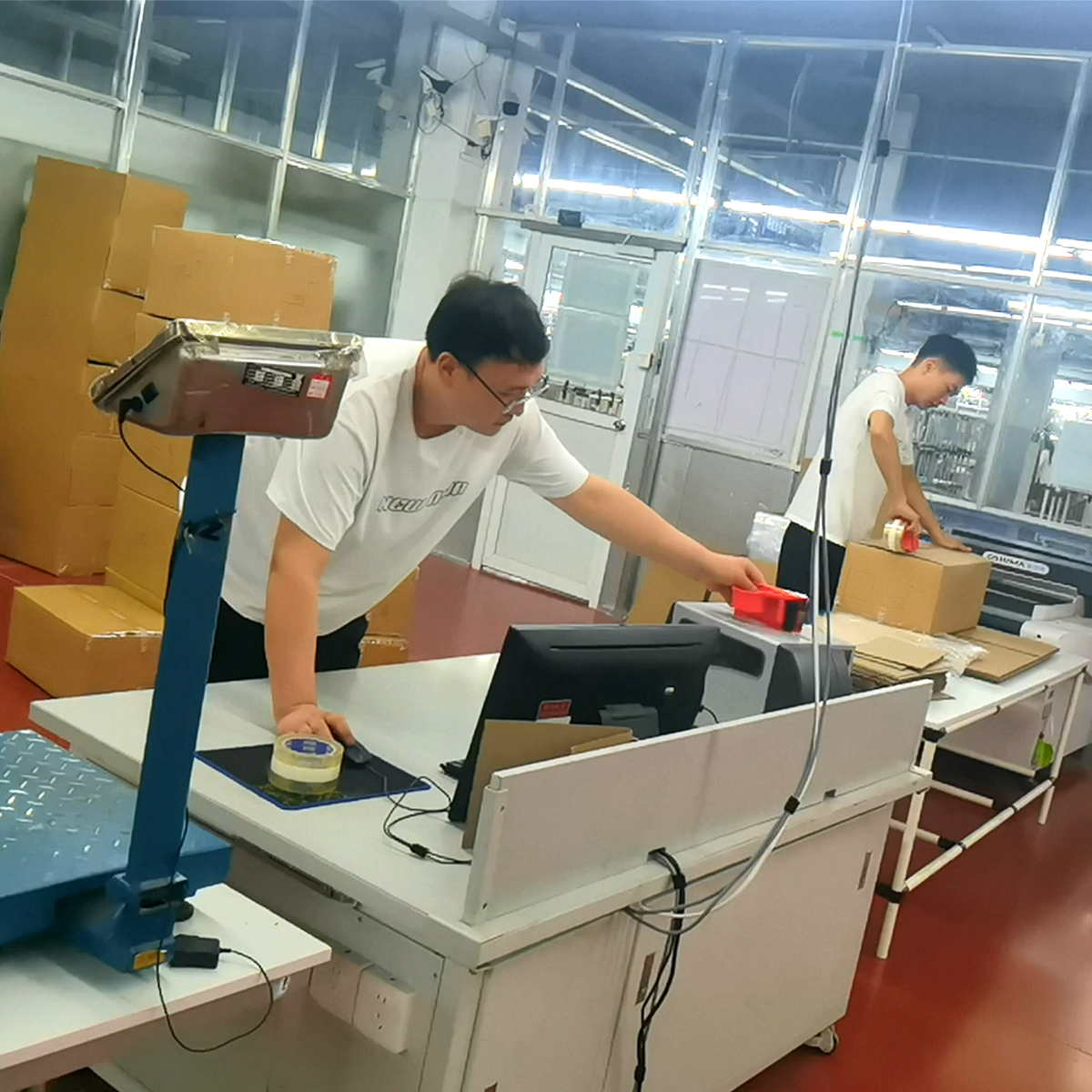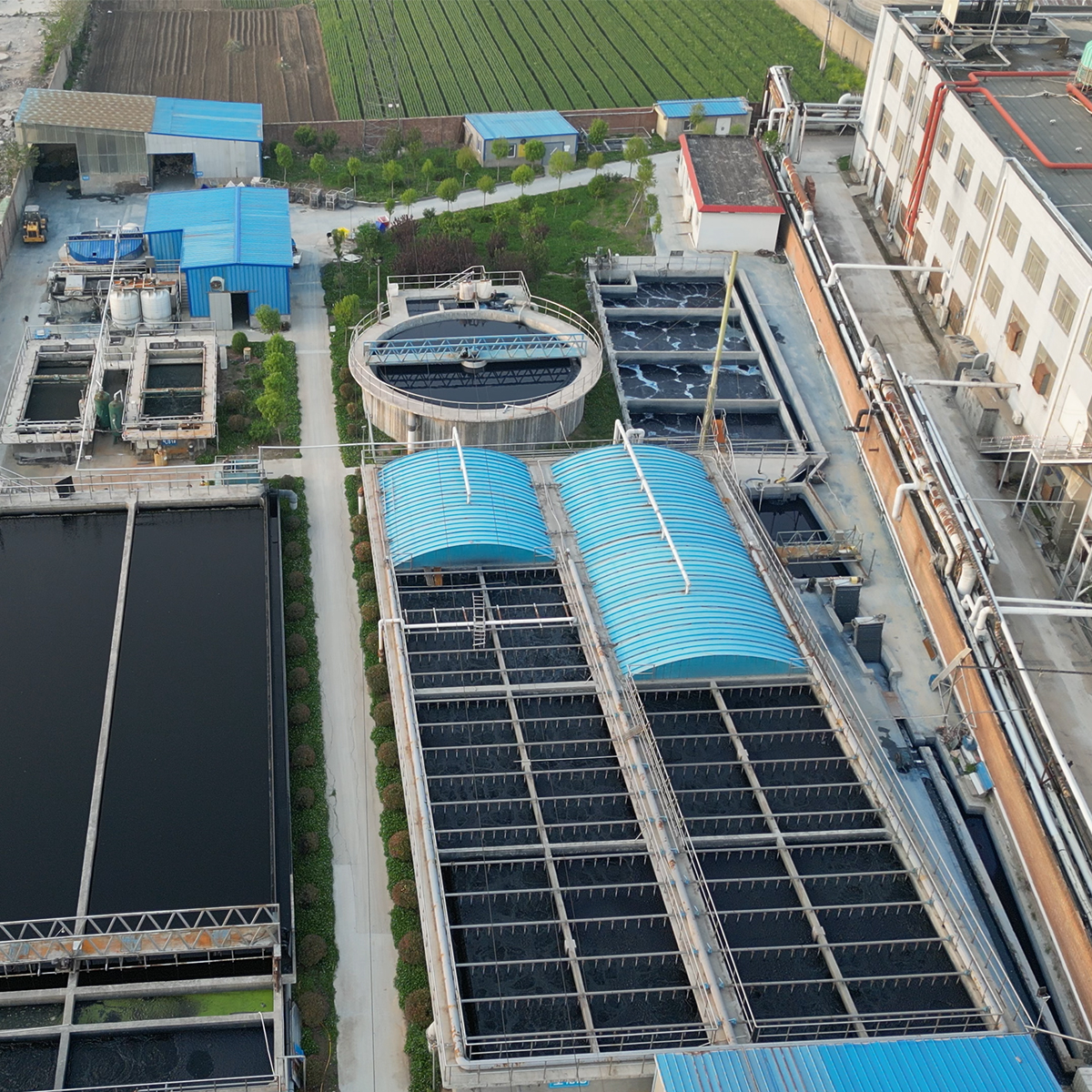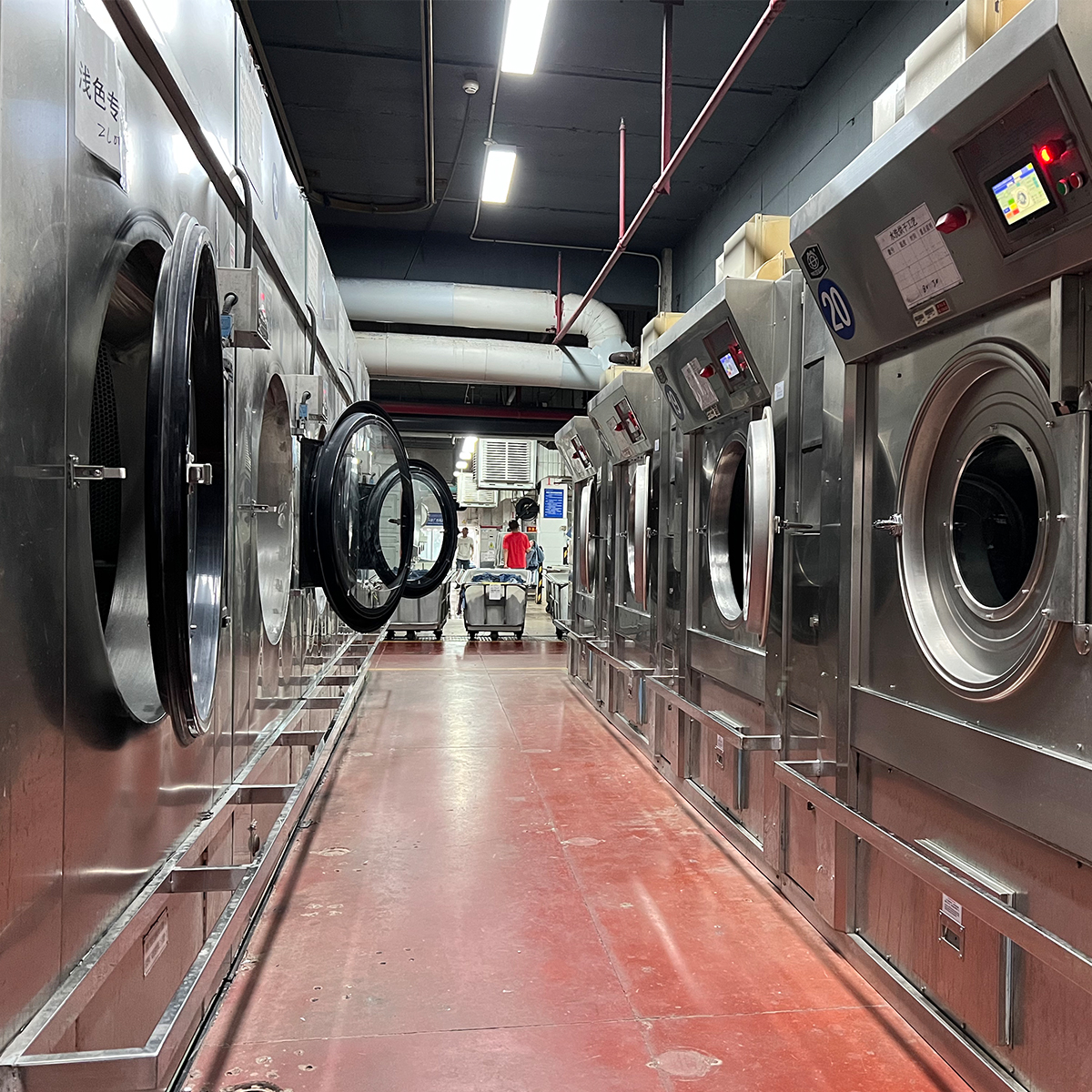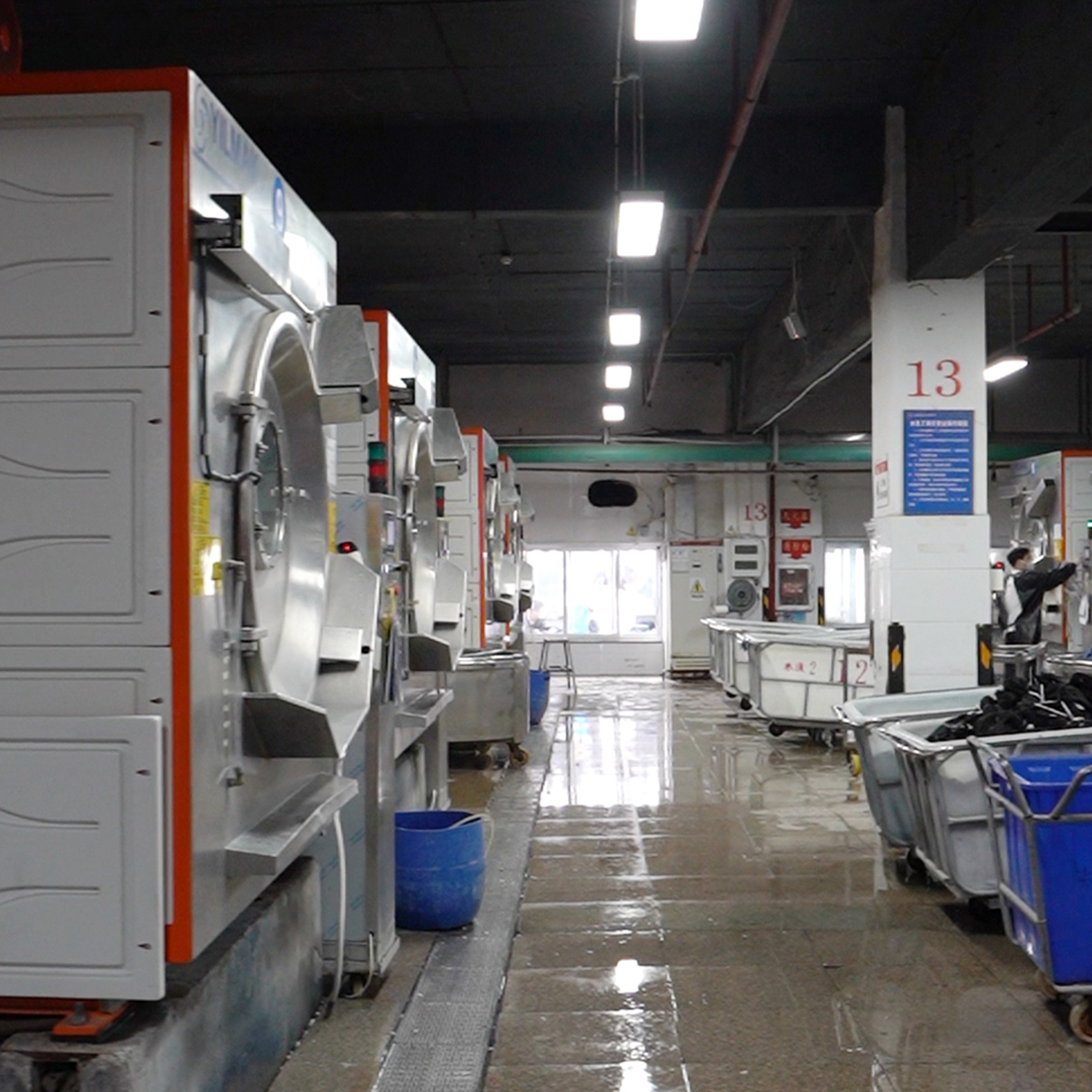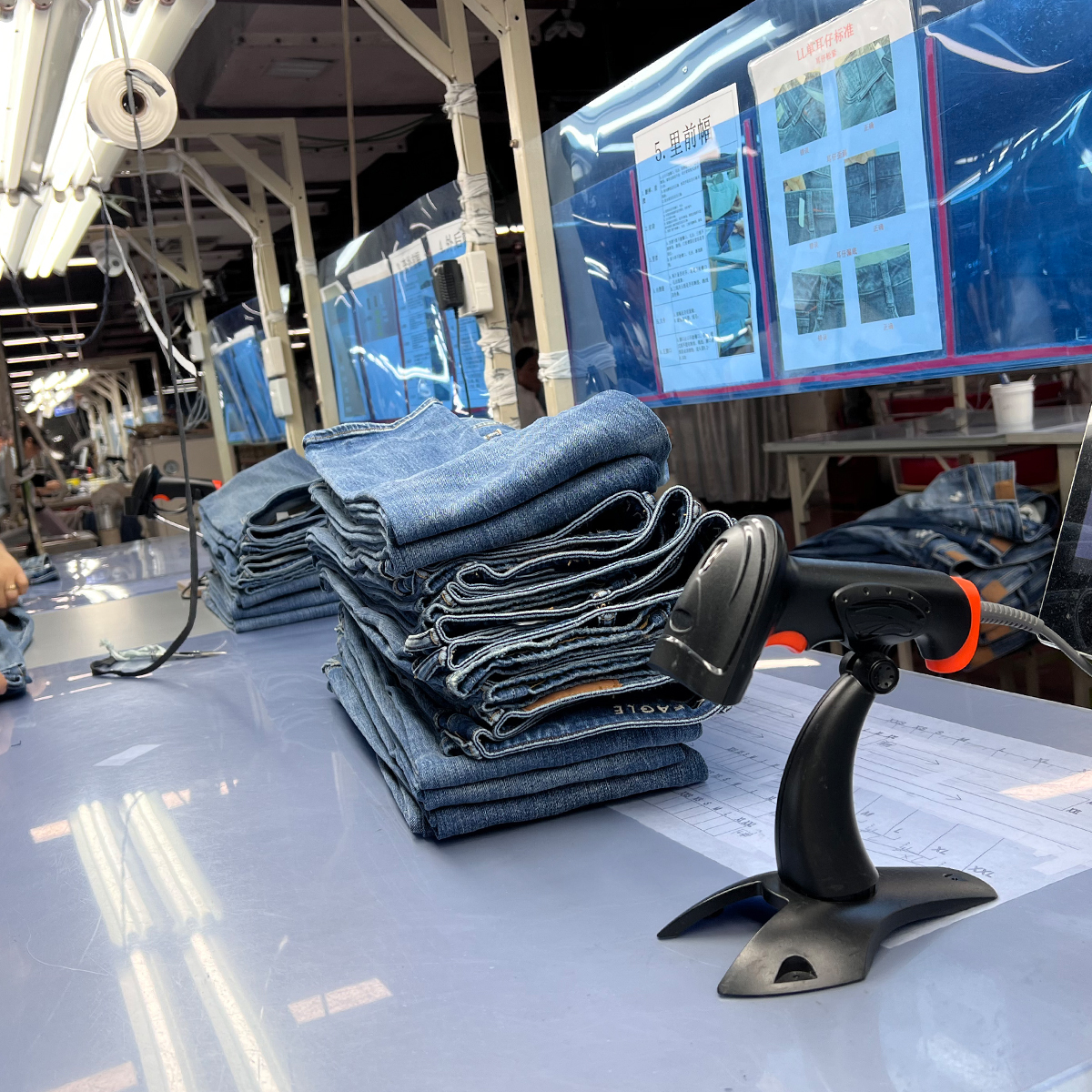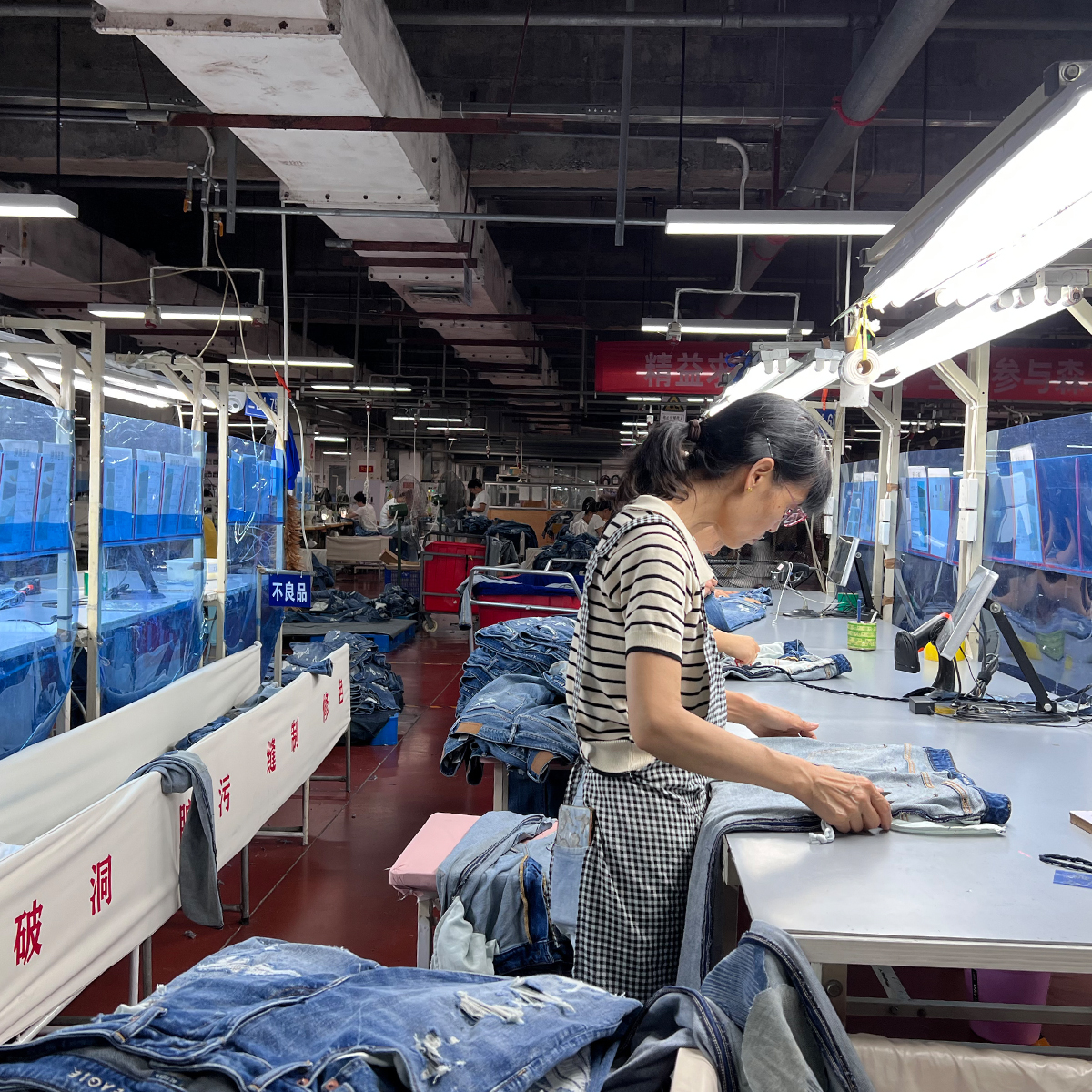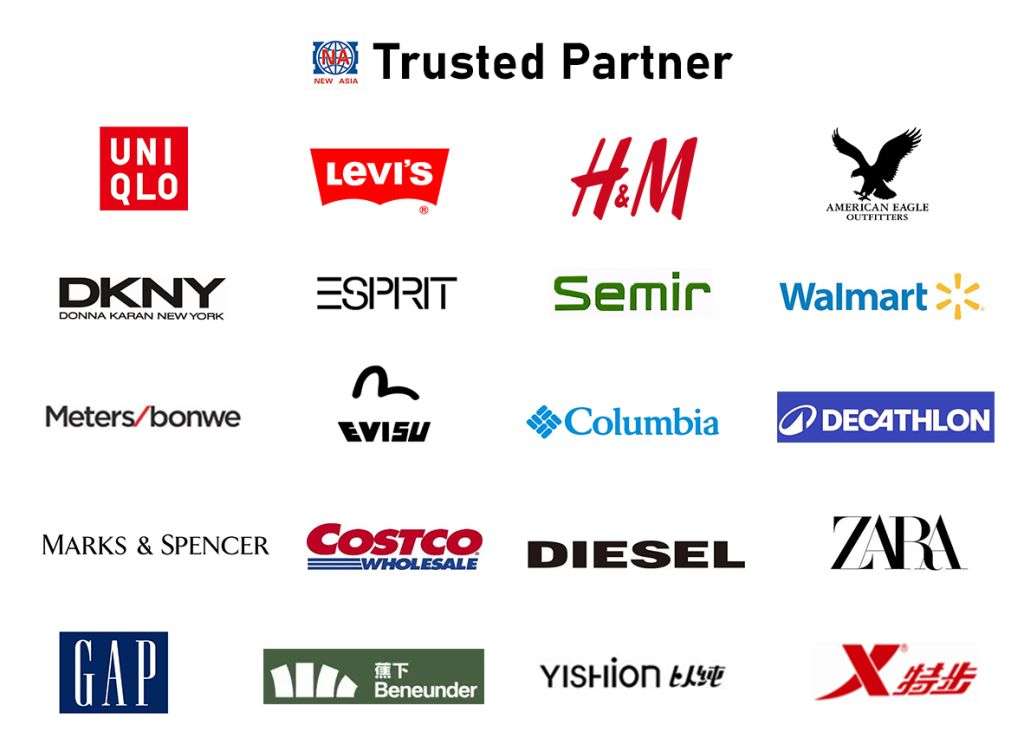When it comes to sourcing high-quality clothing, many businesses turn their attention to China. Renowned for its vast manufacturing capabilities, China’s clothing industry produces a significant portion of the world’s garments. In this article, we will explore the best Chinese manufacturers for clothing, diving deep into their specializations, production capabilities, and how to connect with them effectively.
Understanding the Chinese Clothing Manufacturing Landscape
The clothing manufacturing sector in China is not just one of the largest globally; it’s also diverse. From small workshops to large factories, the range of manufacturers can cater to various segments of the market. Whether you are looking for high-end fashion or economical everyday wear, it’s critical to pinpoint your needs to find the right partner.
1. Apparel Manufacturers
Apparel manufacturers in China specialize in a variety of clothing types, including sportswear, formal outfits, and casual wear. The capability to produce specific categories can vary significantly, so it’s essential to look for manufacturers with dedicated production lines. For instance:
- Shenzhan Yiyang Textile Co., Ltd: Known for its activewear and sports apparel, Yiyang focuses on fabric technology and sustainable production practices.
- Hangzhou Huili Leather Co., Ltd: Mainly deals with leather goods and has recently expanded into premium clothing lines, making it a go-to for stylish leather jackets and pants.
2. Fabric and Textile Manufacturers
Behind every successful clothing product is the fabric that brings it to life. Chinese fabric manufacturers provide a plethora of materials, from cotton to synthetic blends. Recognizing reliable suppliers is vital, as the quality of fabric directly impacts the final garment. Notable manufacturers include:
- Jiaxing Miti Textiles: Offers a wide range of fabrics, specializing in eco-friendly and organic materials suitable for conscious fashion brands.
- Shaoxing County Huabao Textile Co., Ltd: Focused on woven and knitted fabrics, it boasts a state-of-the-art production facility that ensures mill-direct pricing and high quality.
3. Private Label Manufacturers
For brands looking to create their identity without investing heavily in manufacturing infrastructure, private label manufacturing is an attractive option. These manufacturers often have existing lines of clothing that can be customized. Key players are:
- Oberlo: They provide access to a vast network of private label clothing suppliers, making it easier for entrepreneurs to start their brands.
- Guangzhou Tisen Fashion Co., Ltd: Known for responsiveness and flexibility, they can help brands develop unique collections.
Key Factors for Choosing the Right Manufacturer
Finding the right manufacturer requires careful consideration of several key factors:
- Quality Control: Assess manufacturers’ quality control processes. A company that incorporates quality checks at every production stage will likely deliver better results.
- Minimum Order Quantity (MOQ): Different manufacturers have varying MOQs. Depending on your business model, choose someone whose MOQs align with your production needs.
- Production Capacity: Ensure the manufacturer can handle your projected volume, especially during peak seasons.
- Communication Ease: Select a manufacturer who communicates well in your primary language; this minimizes misunderstandings during processes.
Steps to Connect with Chinese Manufacturers
Once you’ve identified potential manufacturers, the next step is reaching out and establishing a working relationship. Here’s how to do it effectively:
Step 1: Research
Utilize online directories such as Alibaba, Made-in-China, and Global Sources to find manufacturers and read reviews. Check their company profiles, certifications, and product offerings to assess their fit for your needs.
Step 2: Initial Contact
When contacting manufacturers, be clear and concise in your communication. Provide detailed information about your brand, products, order quantities, and any specific requirements you have. Good manufacturers will appreciate clarity as it helps set expectations early on.
Step 3: Request Samples
Before committing to large orders, always request samples. This allows you to assess the craftsmanship and quality directly and test the fabric for durability and appeal.
Step 4: Negotiate Terms
Discuss pricing, payment terms, and delivery timelines. Building a good rapport is crucial, as negotiating should be a win-win for both parties. Don’t be afraid to ask questions and clarify terms.
Emerging Trends in Clothing Manufacturing in China
As technology evolves, so do manufacturing practices. Here are some trends shaping the future of clothing manufacturing in China:
1. Sustainable Practices
With a growing global emphasis on sustainability, many manufacturers are adopting eco-friendly practices. This entails everything from using recycled materials to implementing water-saving technologies in production.
2. Fast Fashion Adaptation
The demand for fast fashion continues to rise. Manufacturers are implementing quicker turnaround times and more flexible manufacturing processes to meet retailers’ needs for the latest trends without compromising quality.
3. Technology Integration
Automation and digital tools are becoming commonplace on factory floors, leading to increased efficiency and reduced labor costs. Smart factories equipped with IoT devices can monitor production in real-time, ensuring consistency and reducing waste.
Final Thoughts on Choosing a Chinese Manufacturer
The process of finding the right clothing manufacturer in China may seem daunting, but with the right strategies and knowledge, it can open doors to remarkable business opportunities. Remember, the right partnership does not just enhance your product quality; it also contributes to your brand’s overall vision and efforts to stand out in a competitive market.



